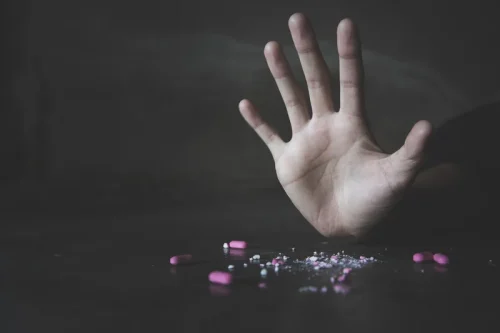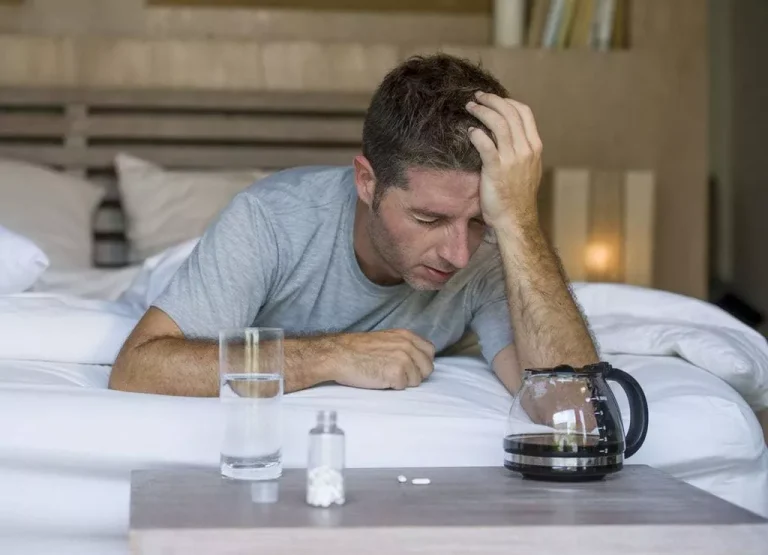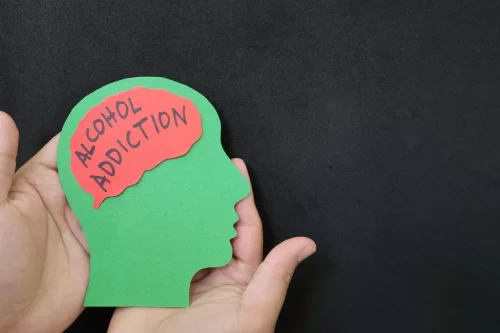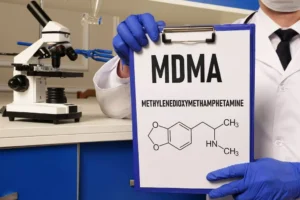
A skin test is the standard diagnostic tool for finding out if someone has allergies. A provider puts tiny amounts of potential allergens on your skin during a skin test. Once you notice patterns, your provider may have you try an elimination diet to see if your symptoms improve when you stop consuming something that could be a trigger. Quercetin is a plant pigment that has been shown to cause sneezing in some people.
When to See a Healthcare Provider
But even with our guide on how to get rid of a hangover, you may want to dig deeper beyond the simple remedies and solutions to determine whether there is a real cause for concern here. This effect can also make you feel hot when you drink alcohol, but it can also lead to short-term nasal congestion. The blood vessels around your nasal cavity can expand, making it a bit more difficult to breathe normally.

Alcohol Intolerance Can Contribute to Nasal Congestion After Drinking Alcohol

He told researchers that his father, grandfather, three brothers, one of his two sisters, an uncle, and a cousin all had the same symptoms. People should note, however, that its authors do not propose that this means that alcohol causes allergies. Ask your doctor for more information about your diagnosis and treatment options.
Allergy vs. intolerance or sensitivity
In this article, we’ll explore why sneezing and alcohol sometimes go hand-in-hand. We’ll also provide tips on avoiding sneezing when you drink. In this article, we look specifically at the causes for sneezing while eating, and how to prevent this from happening. But, if your nose is all stuffed up or runny after just a few sips of wine, this process sneezing after drinking alcohol probably isn’t proceeding as smoothly for you as it does for other people. The process starts with an enzyme in your liver, called alcohol dehydrogenase (ADH), which converts ethanol into acetaldehyde. You had a long week, and you opened that bottle of wine to help you relax — but instead you wound up with a stuffy nose you now have to deal with.

It happens when the nasal nerves are hypersensitive to environmental triggers. In addition, a severe reaction called anaphlyaxis can occur. Although this is rare, it can be life-threatening and require emergency care.
Alcohol Allergy Risk Factors

These ingredients may include malt barley and brewer’s yeast, along with hops or assorted flavorings. True beer allergies are rare, and you may actually have an intolerance to beer. However, it’s important to seek a proper diagnosis to determine if you do have a true beer allergy. Alcohol intolerance is most often due to genetic conditions and sensitivity to histamine and sulfites in alcoholic beverages. Several ingredients in beer can lead to beer allergy symptoms. Beer ingredients that commonly cause allergies or sensitivities include barley, gluten, histamines, sulfites, and yeast.
- You’ll have those same symptoms and a more intense reaction, wheezing, difficulty swallowing, low blood pressure, and heart palpitations, he says.
- If you have a true alcohol allergy, the only way to avoid symptoms is to avoid alcohol entirely.
Since the main ingredient in beer is barley, you will have to avoid beer on a gluten-free diet or stick with gluten-free beer. A small 2014 study of Chinese people with a beer allergy found that sensitivity to sorghum or sorghum malt was the most common cause. If you’re frequently sneezing after drinking, you must see a doctor as there may be an underlying condition that needs to be treated. Sneezing is usually not harmful, but it can be a nuisance.
How to prevent sneezing after eating
First, some people have lower levels of the enzymes the body needs to break alcohol (ethanol) into metabolites that it can process and excrete. When byproducts of alcohol don’t get broken down quickly enough, they accumulate to levels high enough to cause a mild allergic reaction. If you do tend to experience allergy-like symptoms after drinking just one or two beers, it’s really a good idea to see your doctor.
- Histamine is a chemical that occurs naturally in your body.
- We use a pharmacist-formulated blend of Glutathione, Dihydromyricetin, Cysteine, L-Theanine, & B Vitamins to stop alcohol flushing before it can begin.
- Many people are familiar with common side effects of alcohol, including lowered inhibitions, euphoria (i.e., feeling “tipsy”), decreased coordination, and hangovers.
- In this article, we’ll explore why sneezing and alcohol sometimes go hand-in-hand.
